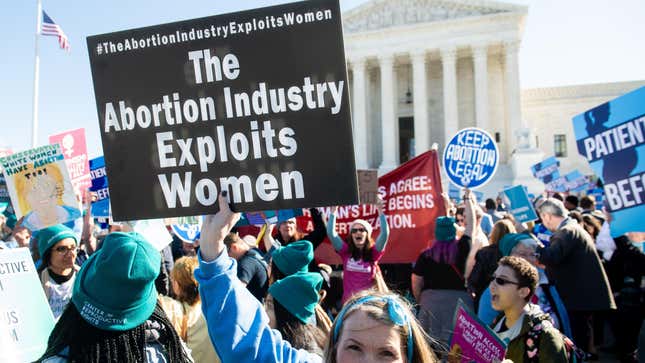Pennsylvania Becomes the Latest State To Introduce Legislation Restricting Abortion Access
AbortionPolitics

On Tuesday, the Pennsylvania House Health Committee voted to advance three anti-abortion bills: one that would ban abortions once a fetal heartbeat is detected, another that would ban abortions after a Down syndrome diagnosis, and a third that creates death certificate and burial requirements for both miscarriages and abortions. The legislation is expected to be voted on by the full Pennsylvania House of Representatives in early June.
“The anti-choice legislators in the Republican-controlled Generally Assembly cannot be allowed to run over women’s rights while refusing to tackle the issues women need us to address, like supporting mothers and their children after birth and decreasing the increasing rate of maternal mortality due to lack of access to health care and other resources,” said Democratic Rep. Morgan Cephas, who is also the co-chair of the Pennsylvania Women’s Health Caucus, about the proposed legislation.
-

-

-

-

-

-

-

-

-

-

-

-

-

-

-

-

-

-

-

-

-

-

-

-

-

-

-

-

-

-

-

-

-

-

-

-

-

-

-

-








































